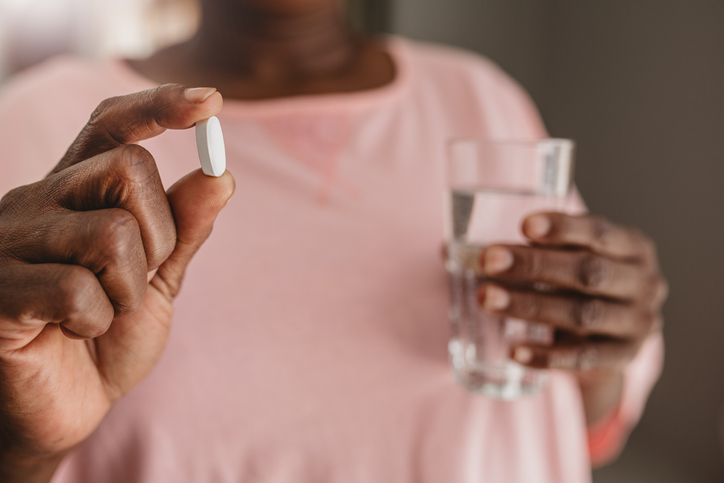
Source: Goodboy Picture Company / Getty
In theory, our food should provide us with all of the nutrients we need. But in practice, a lot of the foods we consume today aren’t as rich in vitamins and minerals as they once were. In fact, the Journal of the American College of Nutrition found that the levels of many important nutrients, including iron, calcium and phosphorus, have declined in many major crops. That’s part of the reason the World Health Organization estimates that two billion people are deficient in some crucial nutrient. This data makes one thing clear: taking supplements isn’t a luxury but a necessity.
You might already be taking a multi-vitamin, but it might not contain any – or sufficient levels – of some of the critical nutrients your body needs to thrive. Not feeding your body what it needs can lead to a slew of health issues from anemia to heart conditions to even mood problems. Here are supplements you probably aren’t taking but should be.
Magnesium
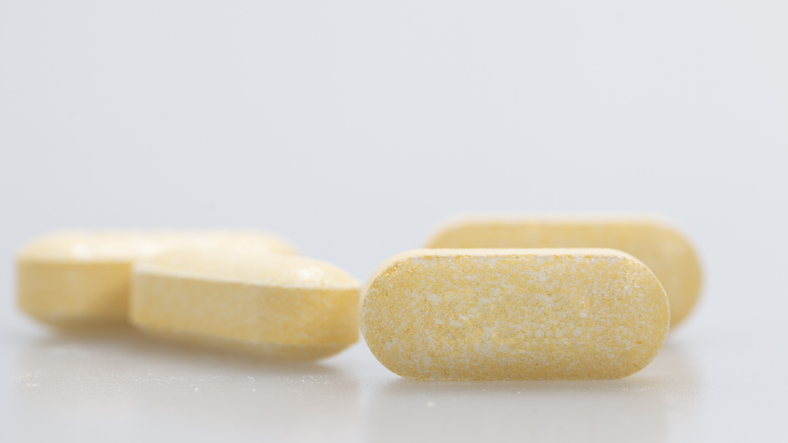
Source: Akaradech Pramoonsin / Getty
Magnesium is a powerful supplement that services many functions in the body and even fixes some issues. It aids in energy production, it helps us sleep better and it can even help keep you regular. However, the Journal of the National Medical Association says that magnesium deficiency is more common in the Black community than in other groups. And a magnesium deficiency can lead to insulin resistance, increasing the risk of Type 2 Diabetes. The Harvard School of Public Health says that women ages 19 to 51 should take between 310 to 320 milligrams of magnesium per day.
Fish Oils
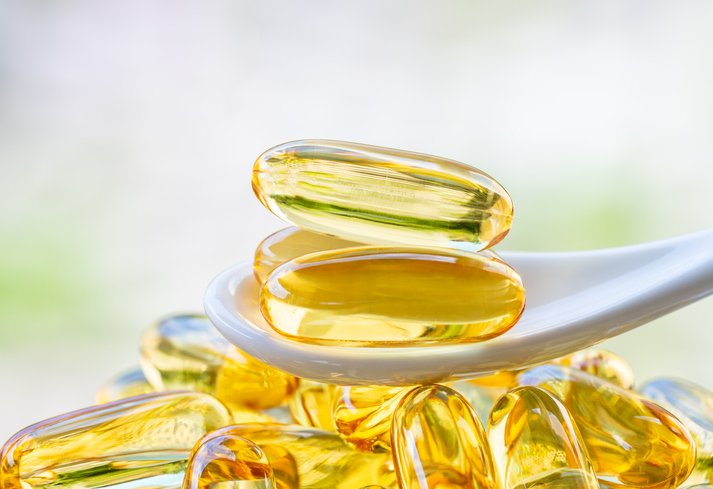
Source: Winly Rungrudeesombutkit / EyeEm / Getty
The name might not sound appealing, but fish oil supplements offer many benefits. As rich sources of omega-3 fatty acids, they protect heart health – which is important among the Black community who face a higher risk of heart disease. Furthermore, fish oils can help with brain fog and memory, says the National Library of Medicine. If you’ve been struggling to focus or retain information, fish oil could be a great addition to your supplement plan. And the good news is there are odorless varieties if the smell bothers you. There are no exact dosages recommended, but it’s typical to take between 250 and 500 milligrams per day of fish oil.
Iron
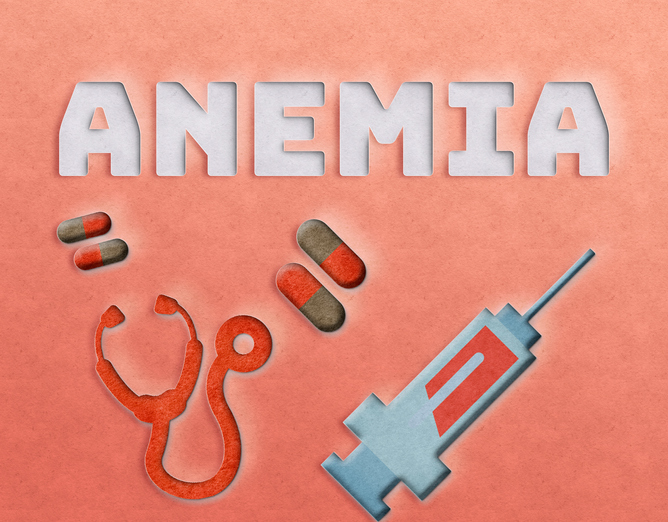
Source: Carol Yepes / Getty
An iron deficiency can lead to anemia, which the National Library of Medicine reports is over three times more common in Black people than whites. Early symptoms of anemia include fatigue, weakness and cold extremities but it can cause more serious issues like irregular heartbeats and chest pain. It is recommended that women between the ages of 19 and 50 take 18 milligrams per day. However, athletes might require more. If you have a sensitive stomach, look for iron supplements labeled as “gentle.”
Coenzyme Q10
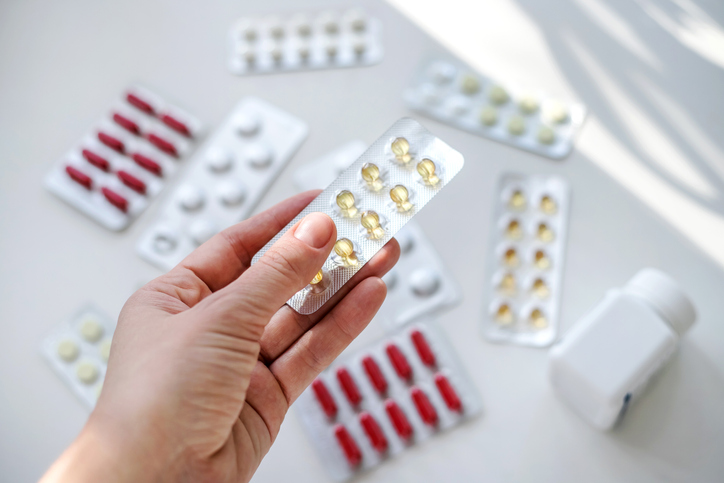
Source: Evgeniia Siiankovskaia / Getty
Coenzyme Q10 is sort of like a vitamin but not exactly. It’s actually an antioxidant that our bodies already produce. It helps other enzymes present in the body to protect the heart, making it another good supplement for groups who are at risk for heart disease such as the Black community. Unfortunately, very low amounts of the stuff is found in food. The typical recommendation for these supplements is between 90 to 200 milligrams per day. Speak to your doctor before taking it to determine the best dosage for your body.
Vitamin D

Source: Raul Ortin / Getty
Vitamin D helps the body absorb and utilize both calcium and phosphorus, which the body needs for bone health. Unfortunately, vitamin D deficiency is prevalent among all adults, with The Cooper Institute reporting that at least 40 percent of people suffer from it. However, that figure is nearly double for Black people. The higher melanin content in darker skin makes it difficult for the body to synthesize vitamin D, making it especially important that Black individuals monitor their vitamin D levels with their doctors (via a blood test) and take a supplement when necessary.
Fiber
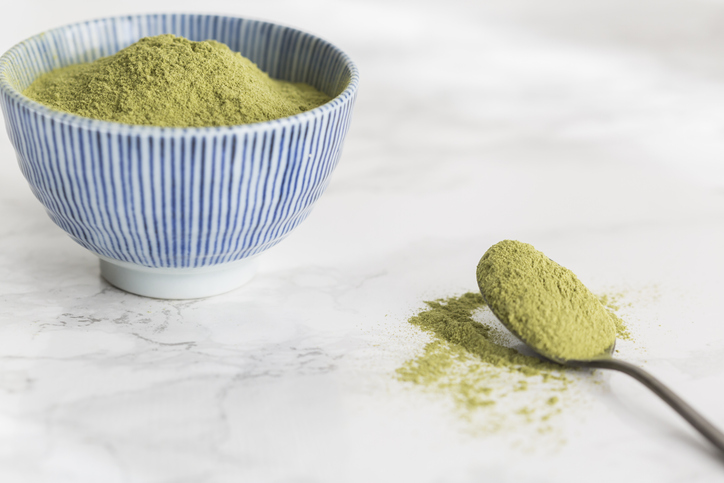
Source: Yulia-Images / Getty
Fiber not only helps keep you regular, preventing uncomfortable constipation, but it also reduces the chances of several conditions. These include heart disease, colon cancer and diabetes – conditions for which the Black community is at a heightened risk. Mayo Clinic recommends that women get between 21 and 25 grams of fiber per day. MADAMENOIRE has written extensively on fiber, including which produce is high in it and how to add it to your dessert.
B12
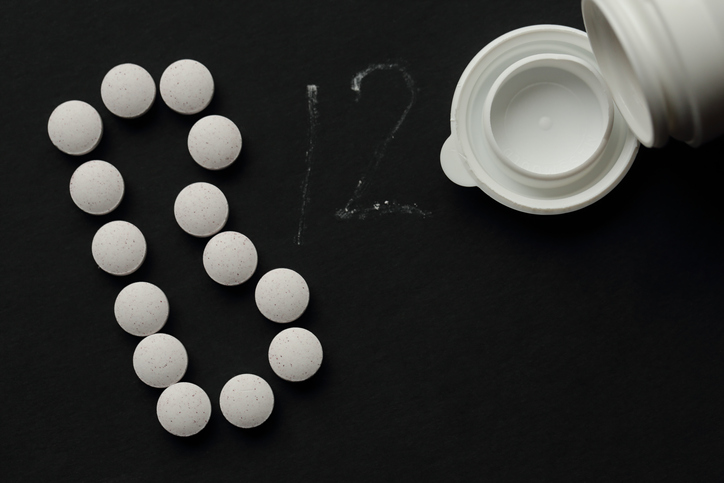
Source: LHJB Photography / Getty
Here’s good news for the Black community: you have significantly higher levels of B12 than white people. That doesn’t mean it’s time to stop monitoring B12 levels, especially if you keep a vegan diet, which tends to lack this important vitamin. Being low on B12 can lead to vision problems, irritability and even depression. And left untreated it can cause anemia, nerve damage and intestinal issues. If you’ve been experiencing fatigue, mood swings or stomach issues and suspect you could be low on B12, ask your doctor to do a blood test and take the supplement if necessary.












